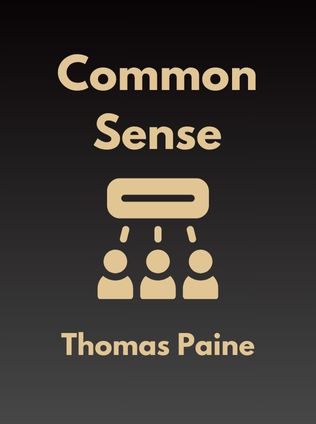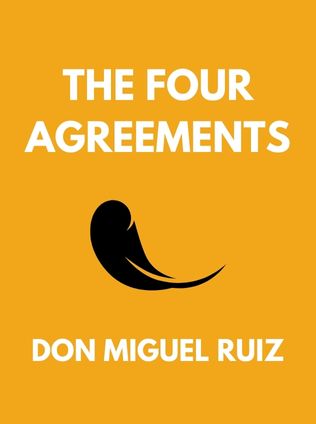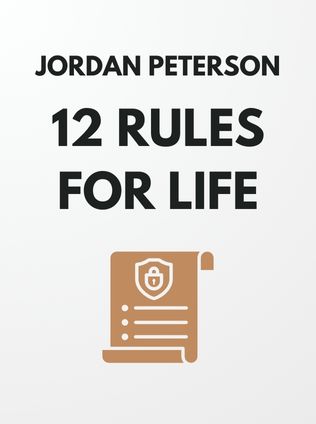
Common Sense
A Common Sense Approach to Web Usability (Voices That Matter)
By Thomas Paine
Published 01/2000
About the Author
Thomas Paine was more than just a writer; he was a revolutionary force, a man whose words carried the power to change the course of history. Born in Thetford, England, in 1737, Paine lived in an era of immense political and social upheaval. His early life was marked by humble beginnings, as the son of a corset maker, which perhaps grounded him in the practical concerns of the common people. Paine's education was modest, but his thirst for knowledge and his passion for social justice drove him to seek out new ideas and challenge the status quo.
In 1774, Paine emigrated to the American colonies, where he quickly became involved in the revolutionary cause. His pamphlet, Common Sense, published in 1776, was a masterstroke of political writing. It distilled complex ideas about government, society, and justice into language that was accessible to ordinary people. Paine's arguments for independence from Britain were bold and uncompromising, and they resonated deeply with the colonists who were beginning to chafe under British rule. His words galvanized public opinion and helped to create the momentum that would ultimately lead to the Declaration of Independence.
Paine's influence did not end with the American Revolution. He continued to write and advocate for democratic principles throughout his life, including during the French Revolution. His works, such as The Rights of Man and The Age of Reason, further expanded on his ideas about individual liberty, the dangers of tyranny, and the importance of reason and rational thought in human affairs. Paine's legacy is that of a fearless advocate for justice, whose writings have inspired generations to stand up for their rights and challenge oppression wherever it may be found.
Main Idea
Common Sense is a powerful and passionate argument for American independence from Britain. Paine's main idea is that government is a necessary evil that exists solely to protect the rights and security of its citizens. However, when a government becomes corrupt or tyrannical, as Paine believed the British monarchy had, it is the right and duty of the people to overthrow it and establish a new government that better serves their needs.
Paine's critique of monarchical government, particularly hereditary monarchy, is scathing. He argues that the very concept of monarchy is inherently flawed because it places power in the hands of individuals who have not earned it and who are often removed from the realities of the people they govern. This leads to oppression and the erosion of the liberties that government is supposed to protect.
Furthermore, Paine makes the case that America is not only capable of governing itself but that it must do so in order to avoid the dangers of continued subjugation by Britain. He envisions a republic where power is distributed among elected representatives who are accountable to the people, a stark contrast to the unaccountable monarchy of Britain.
In essence, Paine's Common Sense is a rallying cry for freedom and self-determination. It calls on the American colonists to reject the tyranny of British rule and to embrace the opportunity to create a just and equitable society based on democratic principles.
Sign up for FREE and get access to 1,400+ books summaries.
You May Also Like
I Am Malala
The Story of the Girl Who Stood Up for Education and Was Shot by the Taliban
By Malala Yousafzai



















